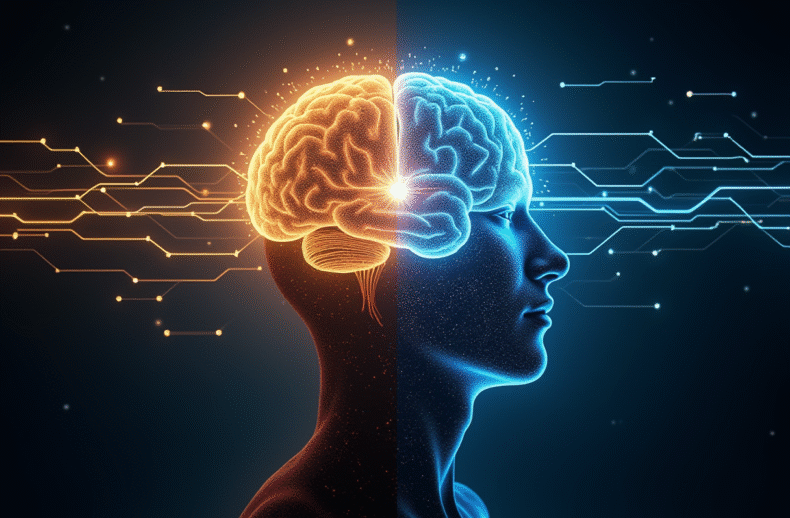Prevailing theories in neuroscience explain learning and motivation through reward, drive reduction, or utility maximization. This article challenges that framework by introducing the Demand for Recognition (DfR) as the true root mechanism. DfR is an inherited limbic loop that continuously evaluates feedback in binary terms—comfortable or uncomfortable—modulates plasticity, and sustains self-learning. Unlike AI, which requires externally imposed recognition surrogates, the human brain self-learns because DfR ensures constant adjustment to recognition signals. Reframing recognition as fundamental and reward as secondary unifies perspectives from neuroscience, psychology, AI, and evolutionary theory, setting the stage for broad interdisciplinary debate.
I claim that no self-learning system can exist without recognition. Brains achieve adaptation by minimizing recognition deficits. AI, by contrast, adapts only through external recognition surrogates imposed by developers. Reframing DfR as the fundamental driver of cognition challenges current reward-centric models.



